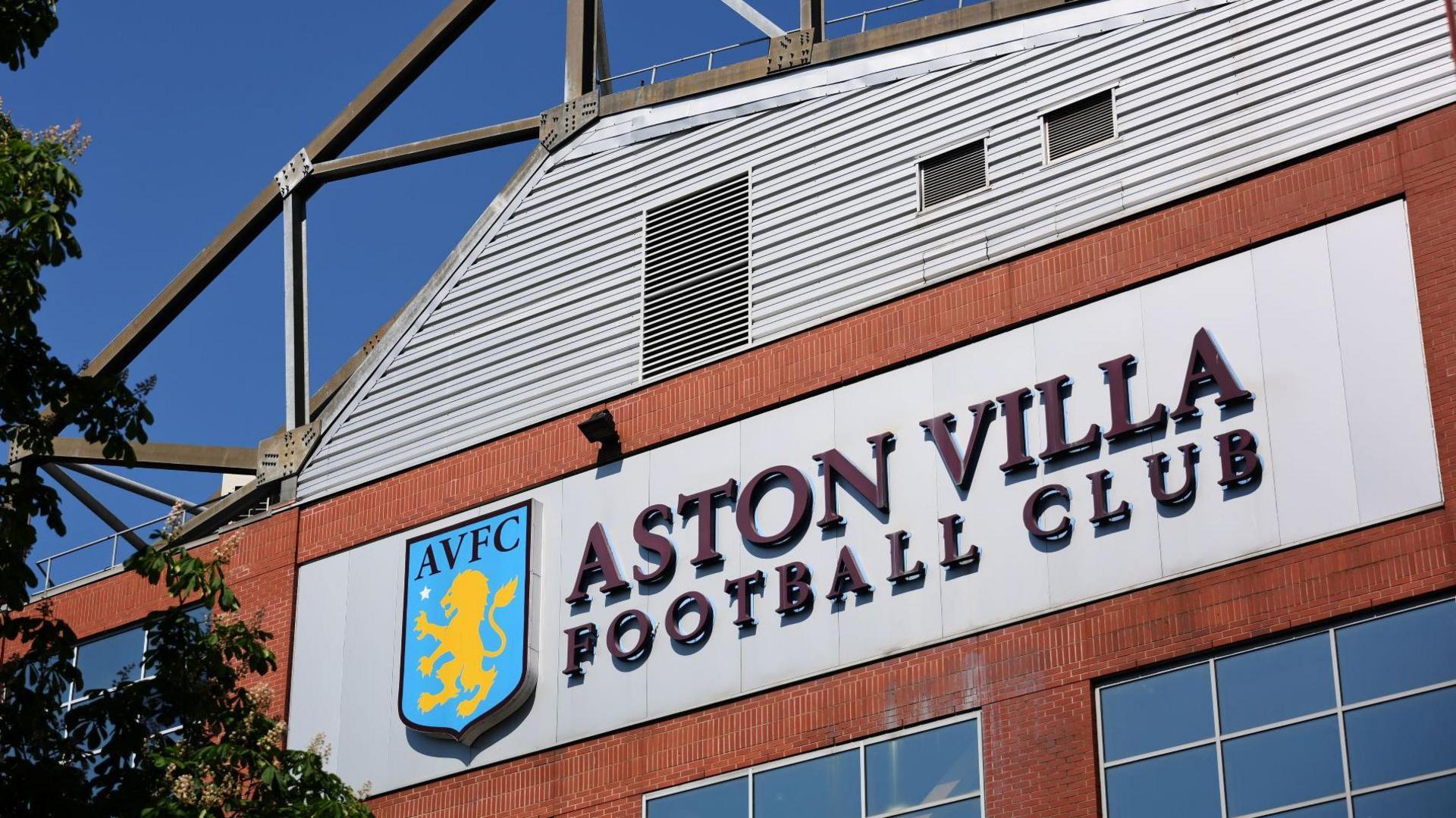Maccabi Tel Aviv fan ban 'poses risk of violence'
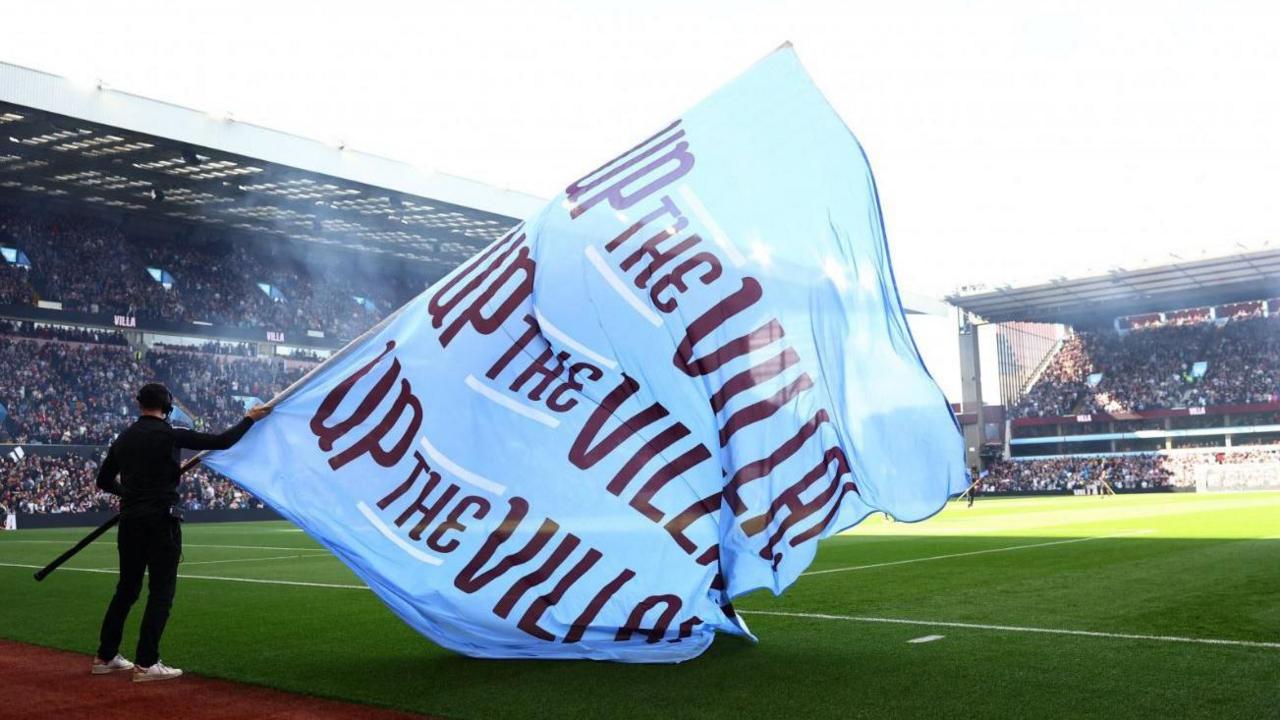
Away fans will not be allowed to attend next month's Europa League match in Birmingham between Aston Villa and Israeli side Maccabi Tel Aviv
- Published
The potential for violence connected to Aston Villa's home match against Maccabi Tel Aviv next month has increased after the decision to ban travelling fans, an academic has warned.
Aston University honorary professor Ellis Cashmore said Birmingham Safety Advisory Group's (SAG) call over the 6 November fixture meant authorities "had made it harder for themselves" to ensure safety in the city.
Controversy over the banning of fans of an Israeli club has since been the focus of Parliamentary comment, and Prof Cashmore said such public spotlight could now risk attracting to the match parties not associated with football or either club.
He said the ban had made the city look inept.
Birmingham SAG, the body linked to the issuing of safety certificates for football matches in the city, and comprised of council representatives, police and safety experts, made the call about Maccabi fans last week.
West Midlands Police said then that it supported the decision, and it had classified the fixture as "high risk" based on "current intelligence".
The force also cited "violent clashes and hate crime offences" during a Europa League match between Ajax and Maccabi Tel Aviv in Amsterdam, in November 2024.
Maccabi supporters attacked a taxi and set a Palestinian flag on fire, and were also accused of chanting racist slogans about Arabs. There were also "hit and run" attacks against fans of the Israeli club, with people on scooters roaming the city to dish out violence upon them, according to Amsterdam's mayor.
Maccabi said on Monday night it would now not accept any ticket allocation from Aston Villa even if the decision to ban its supporters was overturned.
Citing safety concerns, the club said "a toxic atmosphere has been created which makes the safety of our fans wishing to attend very much in doubt".
The UK government was, according to a spokesperson, "working around the clock to defend a basic principle, that football fans should be able to enjoy a game without fear of intimidation or violence".
Calling the SAG decision wrong in the Commons on Monday, Culture Secretary Lisa Nandy pledged the government would "find the resources" to help police the match, with a view to having Maccabi fans attend.
She added questions concerning the fixture were wider than match day security and came "against the backdrop of rising antisemitism here and across the world, and an attack on a synagogue in Manchester in which two innocent men were killed".
But Prof Cashmore, a sociologist who has researched race issues in sport, told the BBC that letting in Maccabi fans in organised fashion under the watch of police may have avoided the kind of publicity that may now drive the violence a ban was said to avoid.
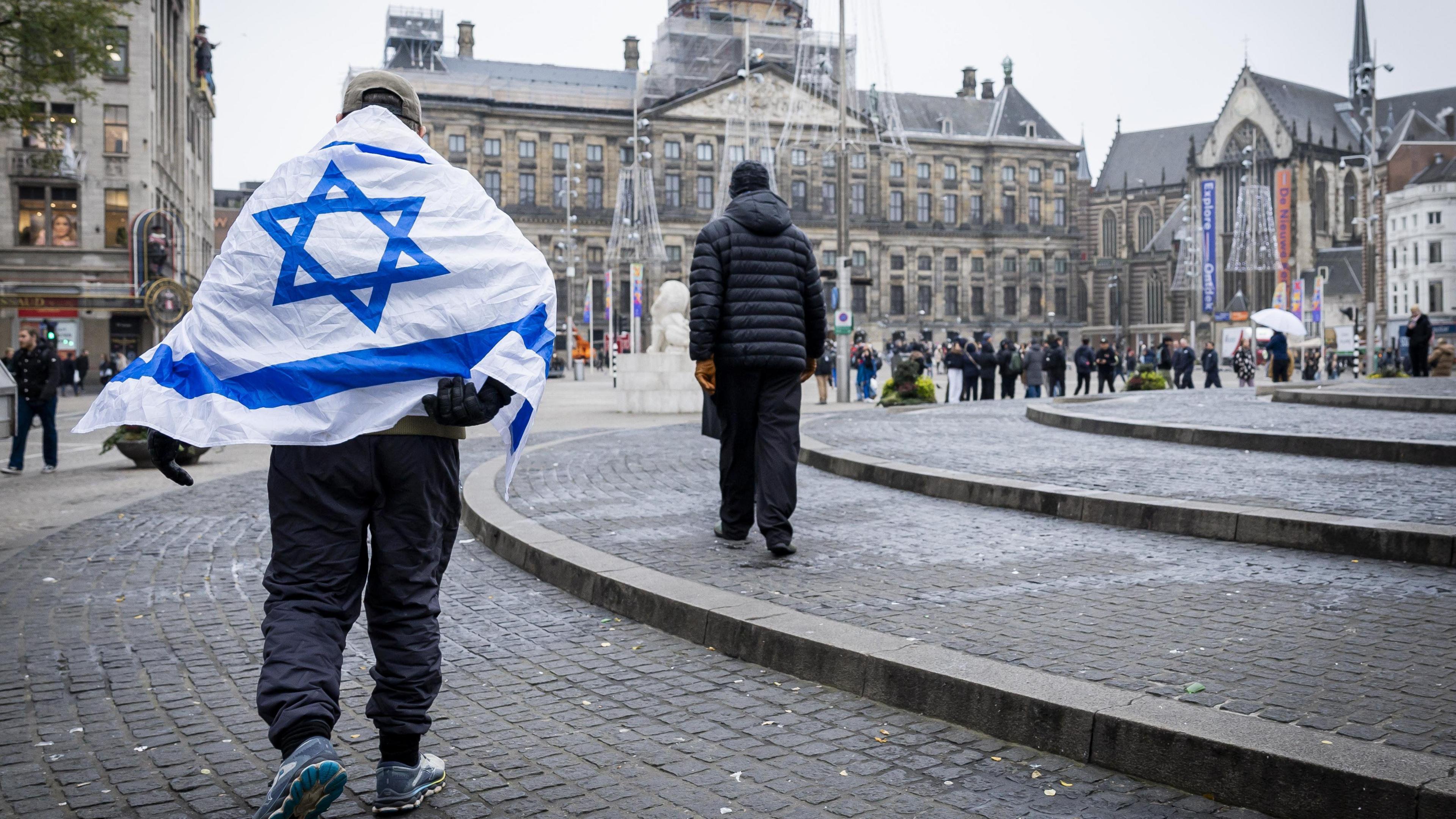
Clashes broke out between between Ajax and Maccabi Tel Aviv fans in Amsterdam last year
Prof Cashmore said: "I think the potential for violence has been enhanced by the fact that there's been so much publicity. The police could surely have contained it
"I think there is a danger that third parties, people who have no interest in football or sport generally, are going to arrive at the game simply because there is a potential for trouble.
"The police have made it harder for themselves."
He predicted the row would "put the kibosh" on Birmingham hosting international sporting events in the future.
The BBC has asked West Midlands Police and Birmingham's SAG for comment.
Aston Villa said on Tuesday that only supporters with a booking history up to and including the 2024/25 season would be able to purchase a ticket, with "anyone found to have re-sold their ticket" facing "strong sanctions".
'Biggest question'
Chris Phillips, former head of the UK National Counter Terrorism Security Office (NaCTSO), told the BBC "the biggest question" should be over the intelligence the SAG had used to reach its decision.
Saying the police were "very well experienced" in dealing with disorderly fans, he suggested the group's decision could have come in context of external, political factors.
"Is it actually about fans coming over"? he asked. Or was it instead, he continued, about an unwillingness in Birmingham to have them in their city?
On Sunday, the Israeli Premier League derby between Maccabi Tel Aviv and Hapoel Tel Aviv was cancelled before kick-off, after what police described as "public disorder and violent riots".
Mr Phillips, who has previously worked with the Home Office on large events and counter terrorism matters in his role at NaCTSO, said he believed politicians should not have intervened.
"This should have been an operational matter and it seems to have been taken out of the police's hands," he said.
"What does this say for future matches at Villa Park, that West Midlands Police can't deal with any fans that may cause big issues?"
Meanwhile, independent MP for Birmingham Perry Barr, the area covering Villa Park, said he was "relieved" by the Israeli club's announcement it would not accept a ticked allocation, highlighting previous racism and violence shown by its fans.
"It's a matter for local police teams here in Birmingham to make an assessment," he said.
"I suspect there's a lot of relief in and around Birmingham as well."
Get in touch
Tell us which stories we should cover in Birmingham and the Black Country
Follow BBC Birmingham on BBC Sounds, Facebook, external, X, external and Instagram, external.
- Attribution
- Published20 October
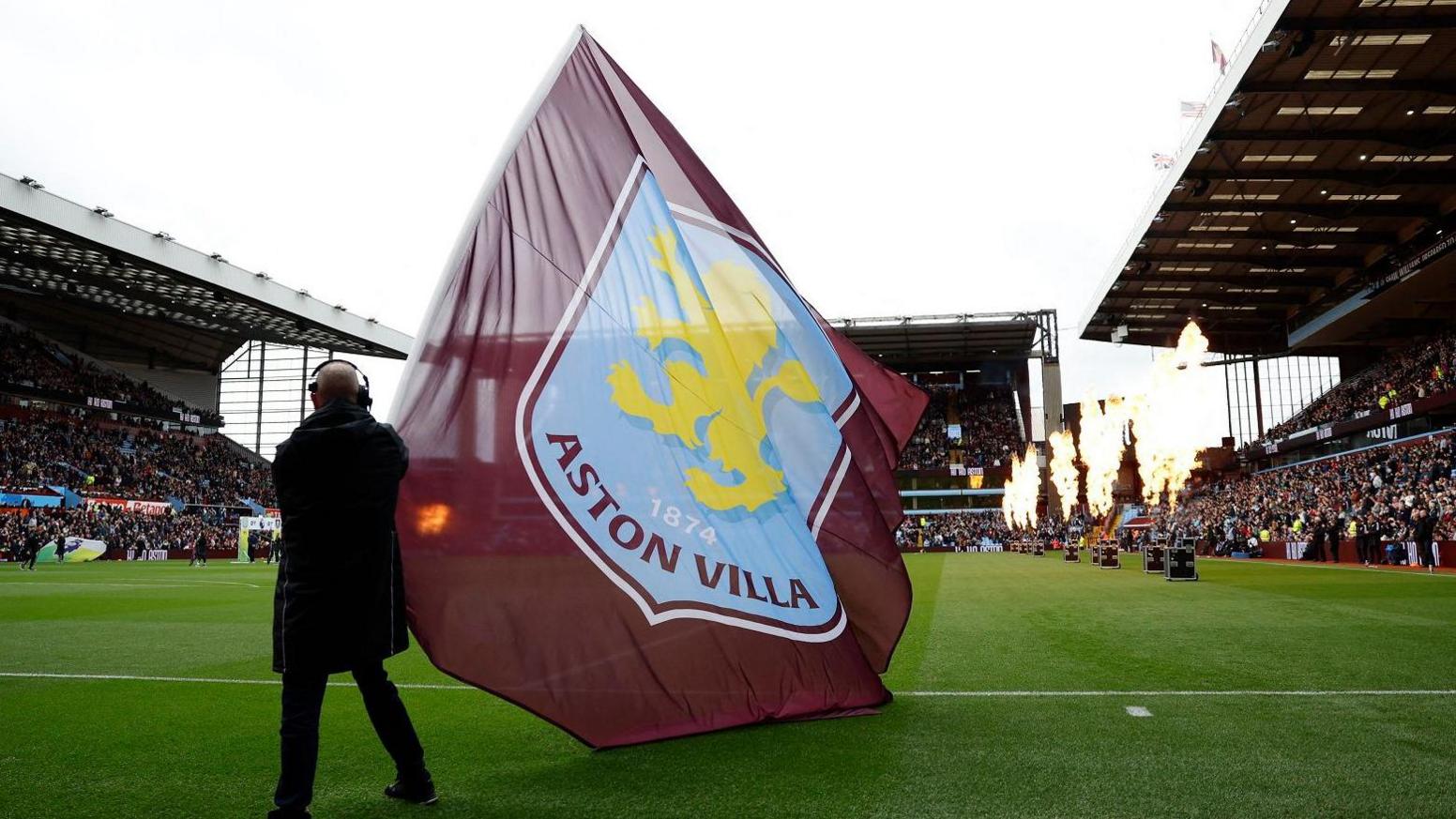
- Attribution
- Published19 October
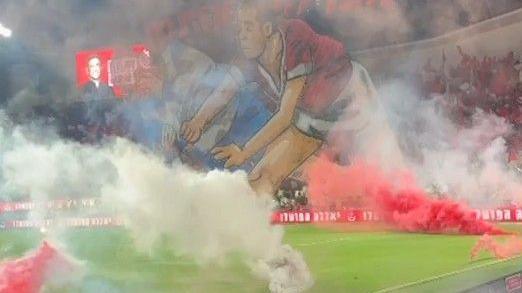
- Attribution
- Published19 October
